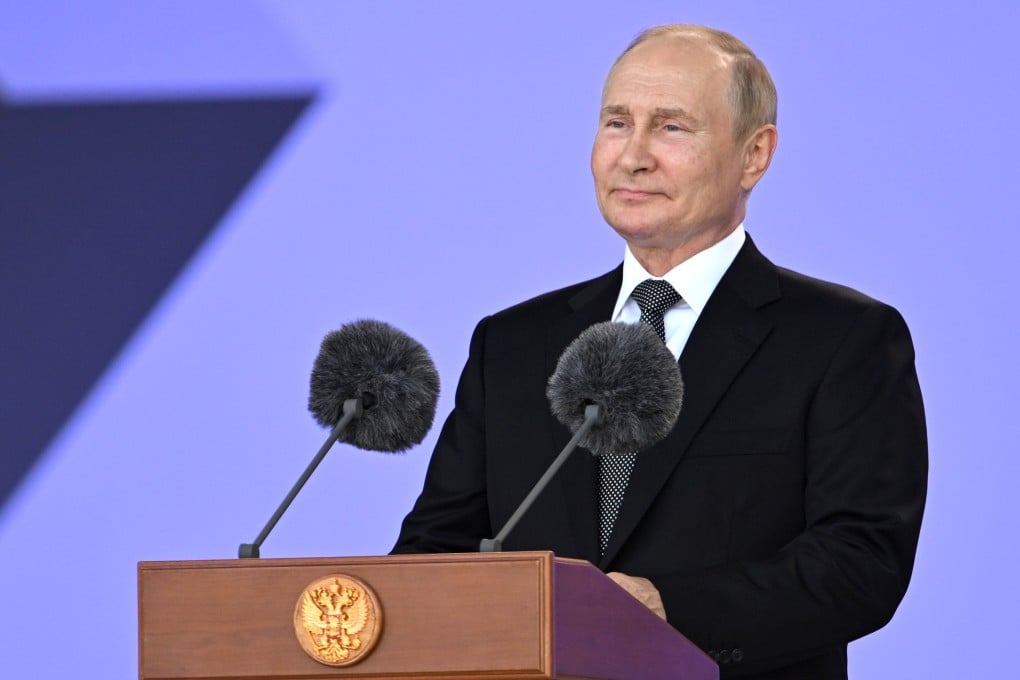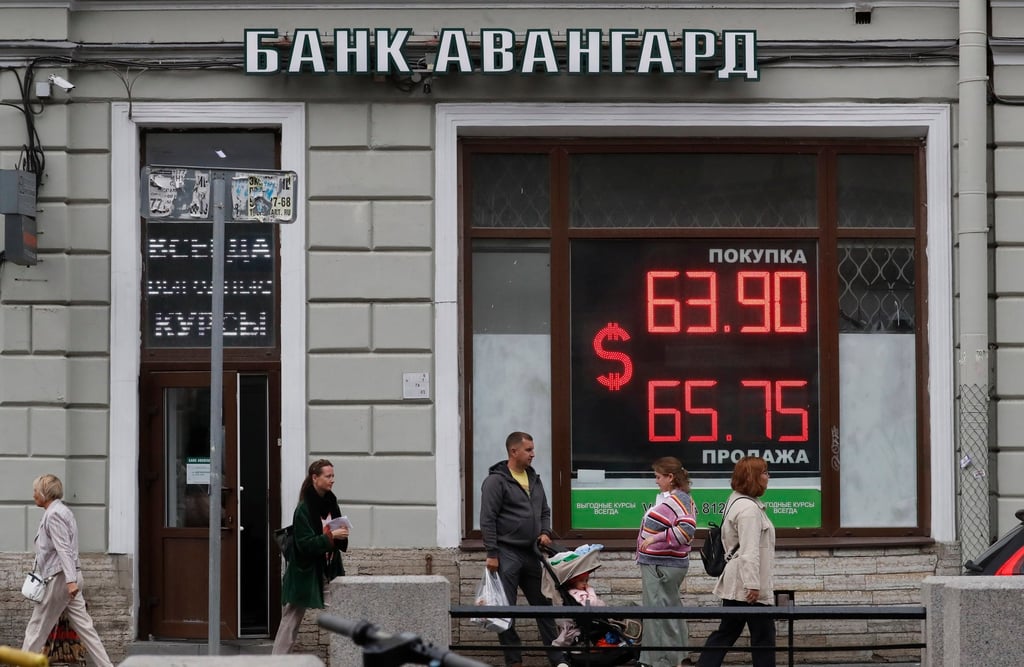Opinion | Can US economic sanctions still work in a multipolar world?
- Sanctions have rarely succeeded in deterring authoritarian regimes; instead, they lead to increased economic hardship among ordinary people
- Today, shifting global alliances are weakening the effect of Western sanctions as targeted states like Russia and Iran form new ties

Economic sanctions are the middle ground between diplomatic pressure and outright war. They can range from embargoes and asset freezing to targeting individuals’ movement and finances. Often, they do not affect the government as much as they put pressure on the public, strangling them with inflation and burdening them fiscally in the hopes of triggering political reform through civil dissent.

The impact of US sanctions can vary; historically, countries that are in geographic proximity to the US are affected more than those further away. However, on average, US sanctions cut a targeted state’s annual GDP growth by 0.75-1 percentage points. The impact on growth is limited to seven years, yielding a 13.4 per cent aggregated decline in GDP over that period.
